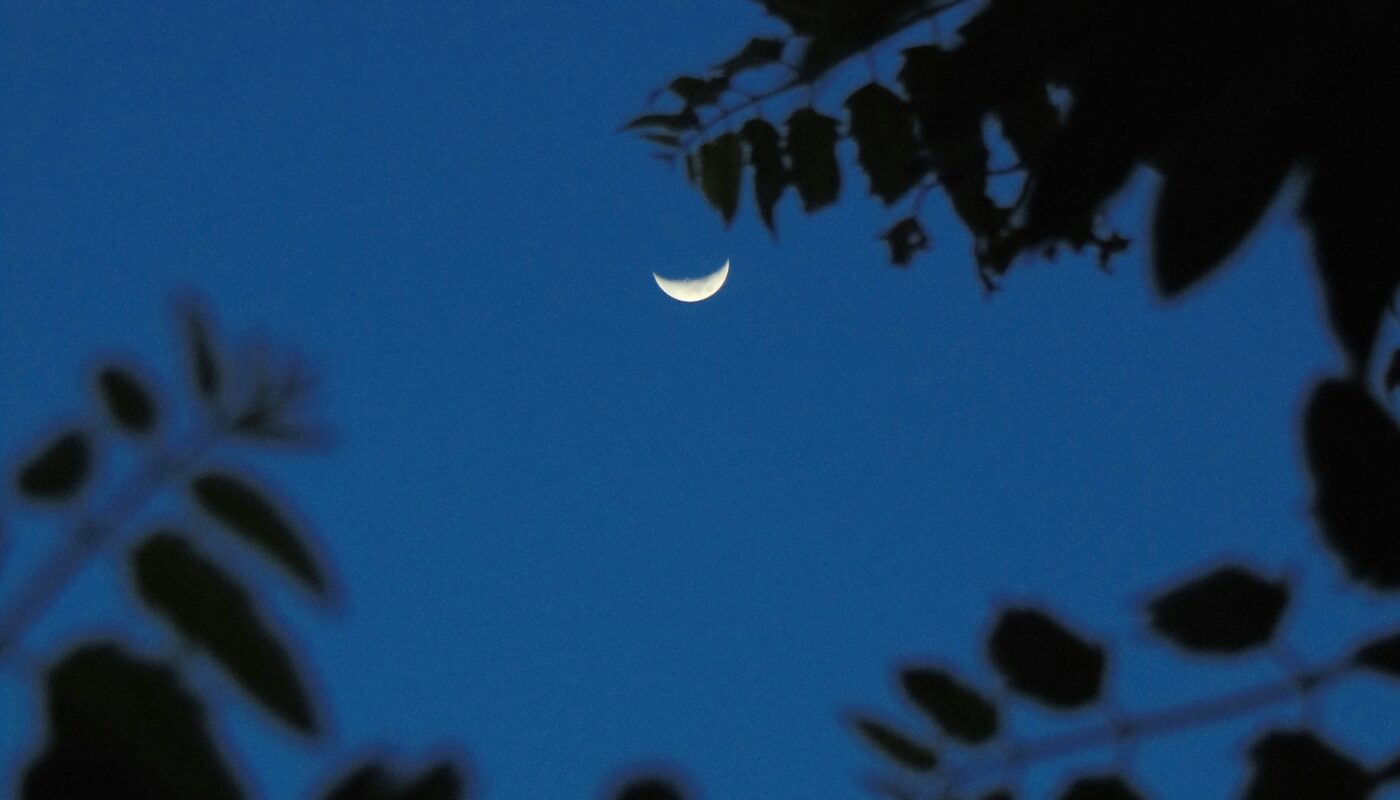My nine-paned window was fogged and then it cleared
It was like waking up again, a wet world
just born and opening a shine on black cherry leaves
The good smell of leaf mold, grass, pine.
What my eyes told me was one story, and my fears
and legs told a different tale—energy, movement
but not forever. A good tired, I had nothing
to lament. To walk planks of the wetland trail, glimpsing
and noting my fellow travelers—red fox, possum, vole—
was to breathe in the same world, sharing
molecules, remembering everything and missing
nothing. My mother gone twenty-one years, seemed as near to me
as at birth. That she never meant
to harm me, now I understood. The creek
rose and drought was finally erased. I saw minnows, a mink sipping
at the edge The wetland’s a lung, a space where respiration, re-
newing happens. I’ve seen it again and again.
After All These Years, My Father’s Shirt
still hanging in the closet,
the last piece of clothing from him
that I have. It’s a thin-wale
corduroy of pale yellow
like weak winter sun that touches
you when lying down for
a nap. Back as a teenager,
I stole an oxford shirt
or two from him, usually white,
because they looked hip
with pegged jeans
worn at a sock-hop
in the school cafeteria or gym.
Father drove me there,
as he must have, and I’d
tuck the shirttails in
under my jacket or coat,
having enough shame
for that. He must have known
of my thefts, though stayed
silent. I’m ashamed how
I goaded him once in front
of two male friends, sassing
him (as they said then) until
he turned red and slapped me.
I could see the mark
his palm left on my cheek
when I stepped into the bathroom
to cry. I was blind
how much I loved
my kind peaceable father—
believing then I wanted him
fiery and fist-pounding.
Back then I didn’t know
anything, how his shirt
in its worn cuffs would hold
the smell for years
of cigarettes, cut grass.
A Chisel
Hauled back to our home in Michigan
from a farm in Indiana, the geodes lay
in a garden bed near the stump of an oak
we had cut down.
I had dreamed of caves of crystals,
amethyst and amber. These stones refused
to crack open neatly, crumbling instead
to Indiana dust.
I had gathered them in a field, throwing them
into a canvas bag that said National
Poetry Month in red letters.
We had gone looking for chanterelle mushrooms,
tiny pinpricks of bright orange emerging.
They smell distinctly fruity like apricots
or peaches.
Geodes instead of mushrooms, no odor
at all, the buff color of fingernail tips, disappointment,
ash.
A curved roof, our ceiling, a sky of crystals or stars.
My husband bought me a chisel.
I’m wielding it for the future.
January Passante
Walking in a light snowfall
on the eighth day of the new
year, I celebrate being
outside and moving. No jays
squawk from branches or flash
blue in flight. There’s a calm still-
ness urging me to listen
to my breath. The dog follows
at my side as we both leave
tracks—hers a five-petal bloom,
mine a boot with studs. In this
way we enter Huff Park and
retrace our steps back the way
we came. The marks we leave will
be dusted over in night’s
darkness. We drive home to step
inside the house where our minds
hold a clear sense of stars, chill.
Prophylaxis
It was near Christmas, the season of rain,
And Mother promised a surprise, “Pile in.”
Some storefront on a bleak street downtown,
dim light, all of us bundled in coats.
“Who’s first?” I think the nurse asked,
and then did we suspect what we faced?
Coats off, sleeves rolled up, was this a shot
for polio, or some other childhood disease?
Years later, the sugar cube, that was easy, melted
on the tongue. This involved a syringe, a jab.
We were all girls, oldest first, blonde Ann
who never flinched, went on to be a nurse.
The rest of us in horror, fear, wet faces,
the body stiffening that makes it all worse.
Father absent, off to work, and later no
memory of what she’d done, Mother denied
it all: “I’d never have said a surprise, then
tricked you like that.” If memory’s thin proof can be
believed, it was a gray morning, brick façade, glass
storefront, uniformed nurses in starched winged caps.
Photo by Favorance on Unsplash.
Patricia Clark
Patricia Clark is the author ofSelf-Portrait with a Million Dollars. She has recent work inPlume,North American Review,I-70 Review,Sheila-na-Gig, and elsewhere. Her poem “Astronomy: In Perfect Silence’” was launched to the moon as part of the Lunar Codex on a NASA Space X flight in January 2025. New book (her seventh) isO Lucky Day, Madville Publishing (Jan 25).
